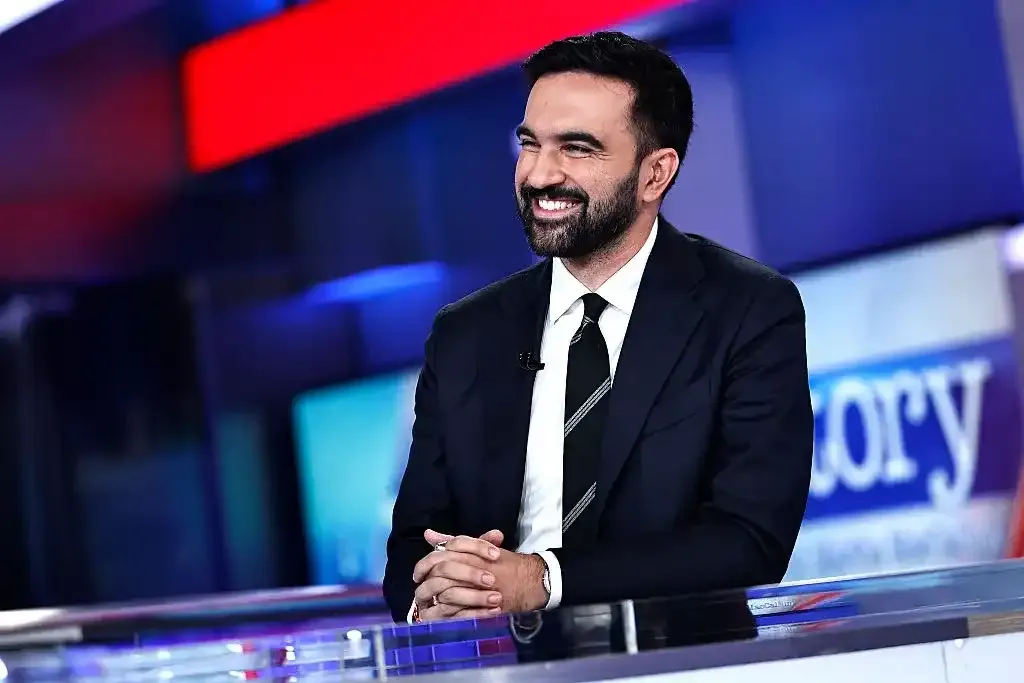Shopping cart
Your cart empty!
Terms of use dolor sit amet consectetur, adipisicing elit. Recusandae provident ullam aperiam quo ad non corrupti sit vel quam repellat ipsa quod sed, repellendus adipisci, ducimus ea modi odio assumenda.
Lorem ipsum dolor sit amet consectetur adipisicing elit. Sequi, cum esse possimus officiis amet ea voluptatibus libero! Dolorum assumenda esse, deserunt ipsum ad iusto! Praesentium error nobis tenetur at, quis nostrum facere excepturi architecto totam.
Lorem ipsum dolor sit amet consectetur adipisicing elit. Inventore, soluta alias eaque modi ipsum sint iusto fugiat vero velit rerum.
Sequi, cum esse possimus officiis amet ea voluptatibus libero! Dolorum assumenda esse, deserunt ipsum ad iusto! Praesentium error nobis tenetur at, quis nostrum facere excepturi architecto totam.
Lorem ipsum dolor sit amet consectetur adipisicing elit. Inventore, soluta alias eaque modi ipsum sint iusto fugiat vero velit rerum.
Dolor sit amet consectetur adipisicing elit. Sequi, cum esse possimus officiis amet ea voluptatibus libero! Dolorum assumenda esse, deserunt ipsum ad iusto! Praesentium error nobis tenetur at, quis nostrum facere excepturi architecto totam.
Lorem ipsum dolor sit amet consectetur adipisicing elit. Inventore, soluta alias eaque modi ipsum sint iusto fugiat vero velit rerum.
Sit amet consectetur adipisicing elit. Sequi, cum esse possimus officiis amet ea voluptatibus libero! Dolorum assumenda esse, deserunt ipsum ad iusto! Praesentium error nobis tenetur at, quis nostrum facere excepturi architecto totam.
Lorem ipsum dolor sit amet consectetur adipisicing elit. Inventore, soluta alias eaque modi ipsum sint iusto fugiat vero velit rerum.
Do you agree to our terms? Sign up

Zoran Mamdani, the 34-year-old son of acclaimed filmmaker Mira Nair and academic Mahmood Mamdani, has made history as the first Muslim and South Asian-origin Mayor of New York City, marking a watershed moment in American politics. His resounding victory reflects a deep generational and ideological shift in the city’s electorate — one that embraces progressive politics, diversity, and inclusion amid a growing national divide.
Born in Kampala, Uganda, and raised in New York, Mamdani’s rise from a community organizer and rap artist to the city’s highest office has captured global attention. In his moving victory speech, he evoked the words of India’s first Prime Minister, Jawaharlal Nehru, declaring:
“Standing before you, I think of the words of Jawaharlal Nehru — a moment that comes but rarely in history, when we step up from the old to the new, when an age ends and when the soul of a nation long suppressed finds utterance.”
Mamdani’s message resonated deeply with immigrant communities and working-class voters, who see his win as symbolic of a new era in American urban leadership. His campaign was built on promises of affordable housing, police accountability, and climate resilience, aligning with his democratic socialist ideals and his work as a state assembly member from Queens.
Mamdani’s victory also reignited tensions with former President Donald Trump, who has been openly critical of his progressive agenda. Trump accused Mamdani of “dividing America” with what he called “radical socialist politics,” a claim Mamdani dismissed as fearmongering.
“This city has chosen compassion over cruelty, progress over prejudice,” Mamdani said in response. “We are building an America that includes everyone — not just the privileged few.”
The ideological clash between the two leaders underscores the broader polarization shaping US politics ahead of the 2026 midterm elections. Trump’s remarks, seen by many as stoking Islamophobic sentiment, drew sharp condemnation from civil rights groups, who hailed Mamdani’s win as a victory for representation and tolerance.
Mamdani, who often references his Indian heritage, has been outspoken on global justice issues, including criticism of the Modi government’s handling of civil rights and religious freedom in India. His advocacy for marginalized communities and immigrants in the US reflects his belief that “politics should serve humanity, not the other way around.”
Supporters view Mamdani’s leadership as the beginning of a new political chapter for New York — one rooted in empathy, equality, and economic reform. His coalition brought together a broad spectrum of New Yorkers: from young progressives to immigrant families, faith leaders, and activists united by a shared call for change.
Political observers note that Mamdani’s triumph, achieved amid attacks from conservative media and rising nationalism, signals a broader generational transformation in America’s political landscape — one that challenges traditional power structures and expands the boundaries of representation.
As New York ushers in its first Indian-origin and Muslim mayor, Mamdani’s victory is more than a local milestone — it’s a defining moment for democracy, diversity, and hope in a nation still grappling with its divisions.
52
Published: Nov 08, 2025